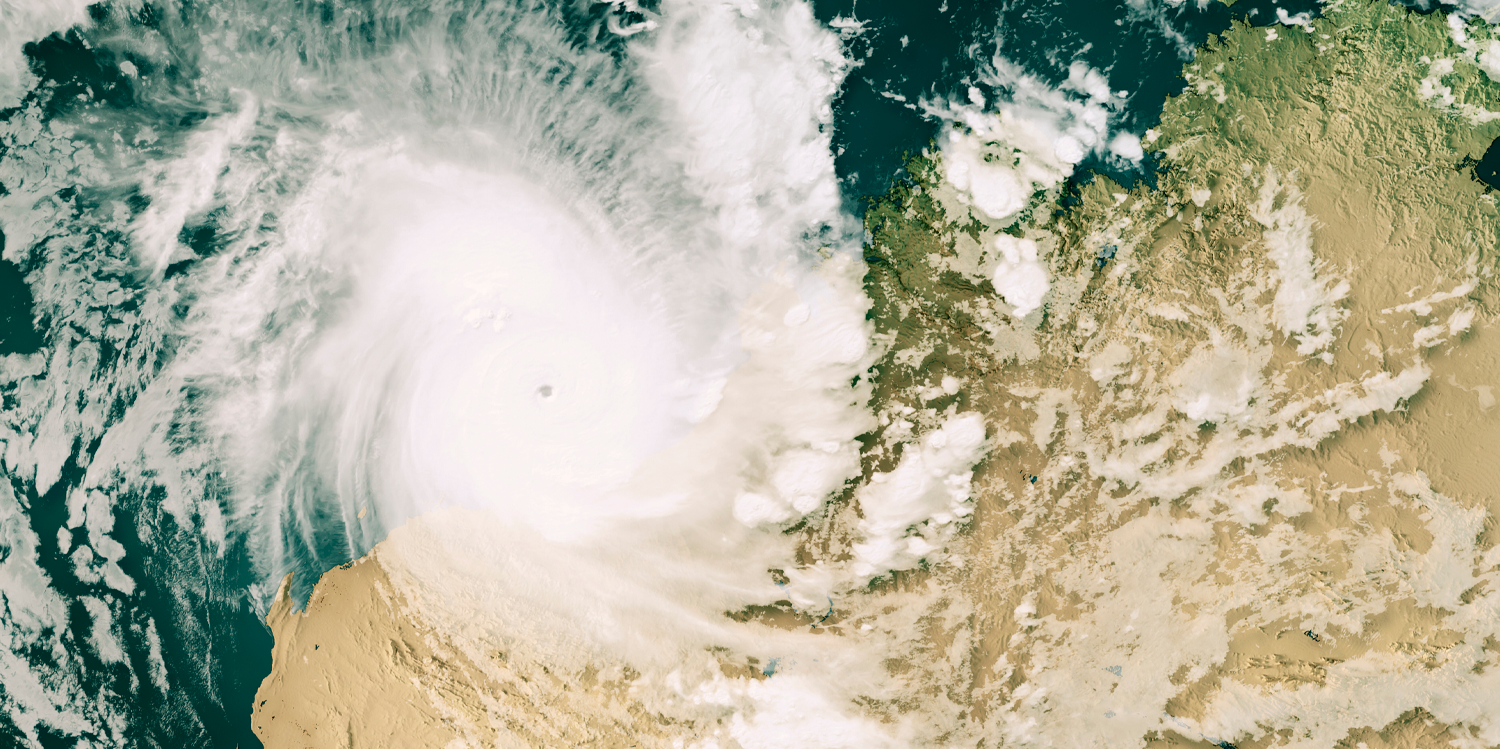It is in the weeks and months following natural disasters that symptoms of post-traumatic stress disorder, anxiety or depression can appear in emergency service workers who deal with such events.
Black Dog Institute wants to remind GPs and allied health professionals of the important role they play in identifying and helping patients get the support they need.
Professor Sam Harvey, executive director and chief scientist of Black Dog Institute, said it was essential that emergency service workers and volunteers were connected to the right support when and where they needed it.
The National Emergency Worker Support Service (NEWSS) is accessible to emergency service workers and volunteers across Australia free of charge.
While a GP referral is not needed to access the service, GPs are often the first port of call for people seeking help with a mental illness.
NEWSS is delivered by experienced clinicians and draws on the latest research evidence in emergency worker mental health.
In addition to helping those impacted by trauma, the service also offers resources to support mental wellbeing, helping emergency service workers stay resilient and proactive in managing their mental health on the job.
Tropical Cyclone Errol is currently gaining strength to the north of WA off the coast of Broome, forecast to track towards the Kimberley coast.
Considered a category two on Wednesday, it was upgraded to a category four by Thursday (17 May).
Around five other tropical cyclones have hit WA’s mainland or passed along the coast of the State this year. Extreme weather events are widely predicted to become more common as climates change.
RELATED: Addressing climate change ‘a public health issue’
Prof Harvey said emergency service professionals perform vital roles in protecting their communities, often under intense and demanding conditions.
“Natural disasters don’t just leave behind physical damage – they can take a serious toll on mental health as well,” he said.
GPs and health professionals are also able to access a free, CPD-accredited workshop via the Black Dog Institute which is designed to help them diagnose and treat PTSD in emergency service workers.
The session explores the relationship between traumatic events and the development of mental health conditions, evidence-based treatments, referral pathways, and recommended evidence-based resources for family and kinship groups impacted by trauma
Nearly one-third of emergency service workers report experiencing high or very high psychological distress at work, while an estimated one in 10 will develop PTSD related to critical incidents.
RELATED: Climate change and doctors – ‘this is our lane’
Prof Harvey said emergency workers in rural and regional areas, particularly those in small close-knit communities, face even greater risks, with the added emotional strain of assisting people they may personally know.
“Natural disasters disproportionately affect regional and rural communities, placing emergency workers in these areas at higher risk of experiencing cumulative trauma due to repeated exposure to these events,” he said.
While NEWSS is specifically focused on supporting emergency service workers, GPs can also access mental health support for themselves through the Institute’s The Essential Network (TEN).
TEN is a free service designed by health professionals, offering tailored mental health support including a self-guided mental health check-up and access to up to five free telehealth sessions.
The service is anonymous, and interactions are not recorded on My Health Record.
Want more news, clinicals, features and guest columns delivered straight to you? Subscribe for free to WA’s only independent magazine for medical practitioners.
Want to submit an article? Email editor@mforum.com.au


